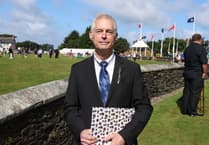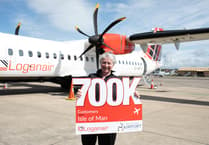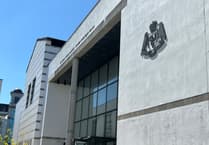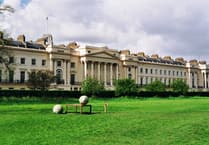Sir Barry Gibb, the last surviving member of the legendary Bee Gees, has described the Isle of Man as a ‘sacred place’ that laid the foundation for the group’s extraordinary musical journey.
In an interview with Manx Radio, aired on Monday evening and produced in collaboration with Manx National Heritage, the 78-year-old reflected on his childhood in Douglas and how those early years continue to influence him to this day.
Born at the Jane Crookall Maternity Home on September 1, 1946, Barry Gibb’s connection to the island is deeply rooted.
‘It’s my island,’ he said. ‘It’s a very spiritual place, and it always will be.’
The Gibb family lived in many places when on the island, such as Spring Valley and Willaston, and Barry fondly recalled exploring the TT race pits as a child, meeting road racing icon Geoff Duke, and staging makeshift concerts on the loading bay of the Walls Ice Cream Factory.
‘It was all inspiration,’ he said. ‘Everything we became started there.’
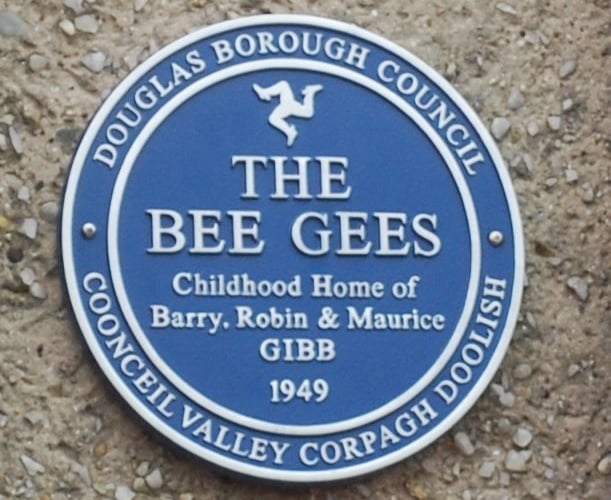
Barry’s parents, Hugh and Barbara Gibb, had both moved to the island before his birth.
His father, a professional bandleader, performed regularly with a 10–13 piece orchestra aboard the Liverpool–Douglas ferry, while his mother filled their home with songs by Nat King Cole and Ronnie Hilton.
‘Mum was always ironing and singing,’ Barry remembered. ‘I’d pretend to be ill just to stay home and listen.’
These moments, combined with Hugh’s love of the Mills Brothers and tight vocal harmonies, helped shape the distinctive Bee Gees sound that would go on to captivate the world.
The brothers achieved immense success in both the late 1960s and the disco era of the 1970s, with over 120 million records sold.
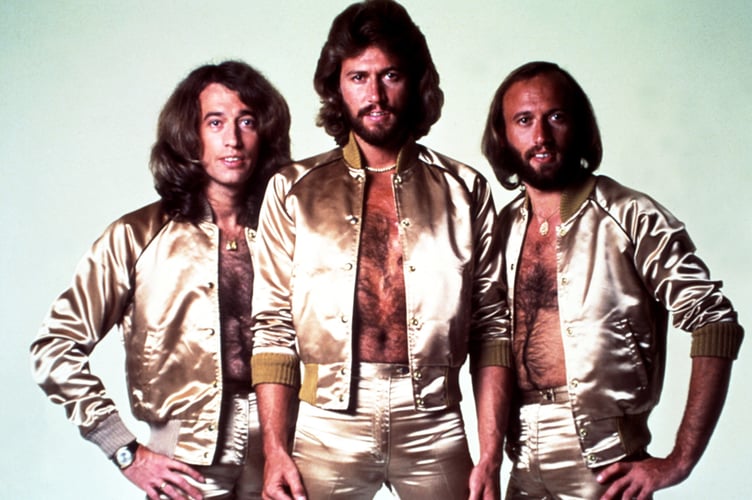
Barry also spoke of the island’s enduring sense of mystery.
He recalled tales of fairies and witches, and the ancient mists that hang over the Manx hills.
‘There was always magic in the air,’ he said.
‘I still say hello to the fairies when I cross the Fairy Bridge.’
He believes that spiritual connection gave the Bee Gees’ music a universal depth.
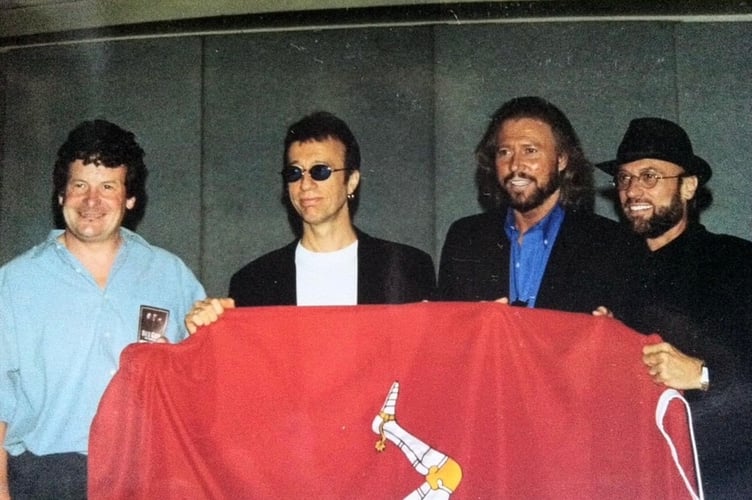
There were also more mischievous memories, like nibbling out the soft insides of bread loaves while helping his father with deliveries or narrowly escaping a rogue firework on Bonfire Night.
Yet one of the most striking stories he shared was the memory of rescuing a baby found floating in a box on a river in Spring Valley, an incident that still lingers in his thoughts.
The Bee Gees’ ties to the Isle of Man were formally recognised in 1999 with a set of commemorative stamps and the Freedom of the Borough of Douglas, initiatives championed by the late broadcaster Bernie Quayle.
Barry expressed his heartfelt thanks to Quayle, whose support also led to the brothers’ emotional recording of Ellan Vannin, raising funds for Rebecca House.
Today, a bronze statue of the Gibb brothers stands proudly on Douglas Promenade.
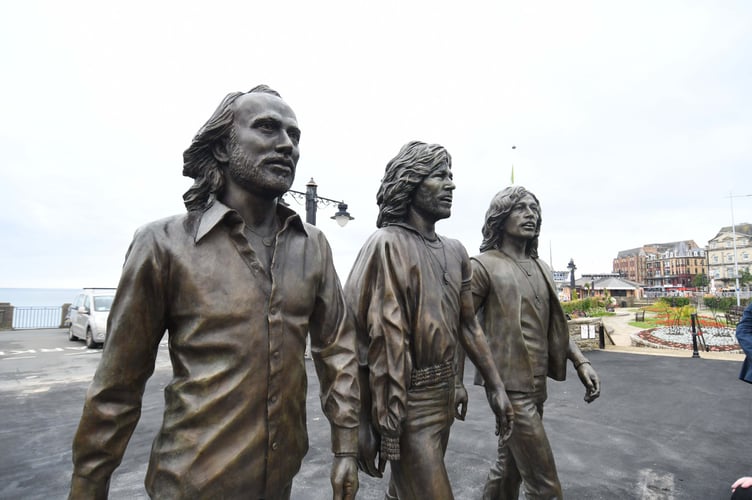
Barry has yet to visit in person, but says he hopes to return to the Isle of Man soon.
‘I'll be back as soon as I can, I promise you that’.
‘The island was the beginning of everything,’ he said.
‘I love it with all my heart.’
You can listen to the full one hour interview HERE.

